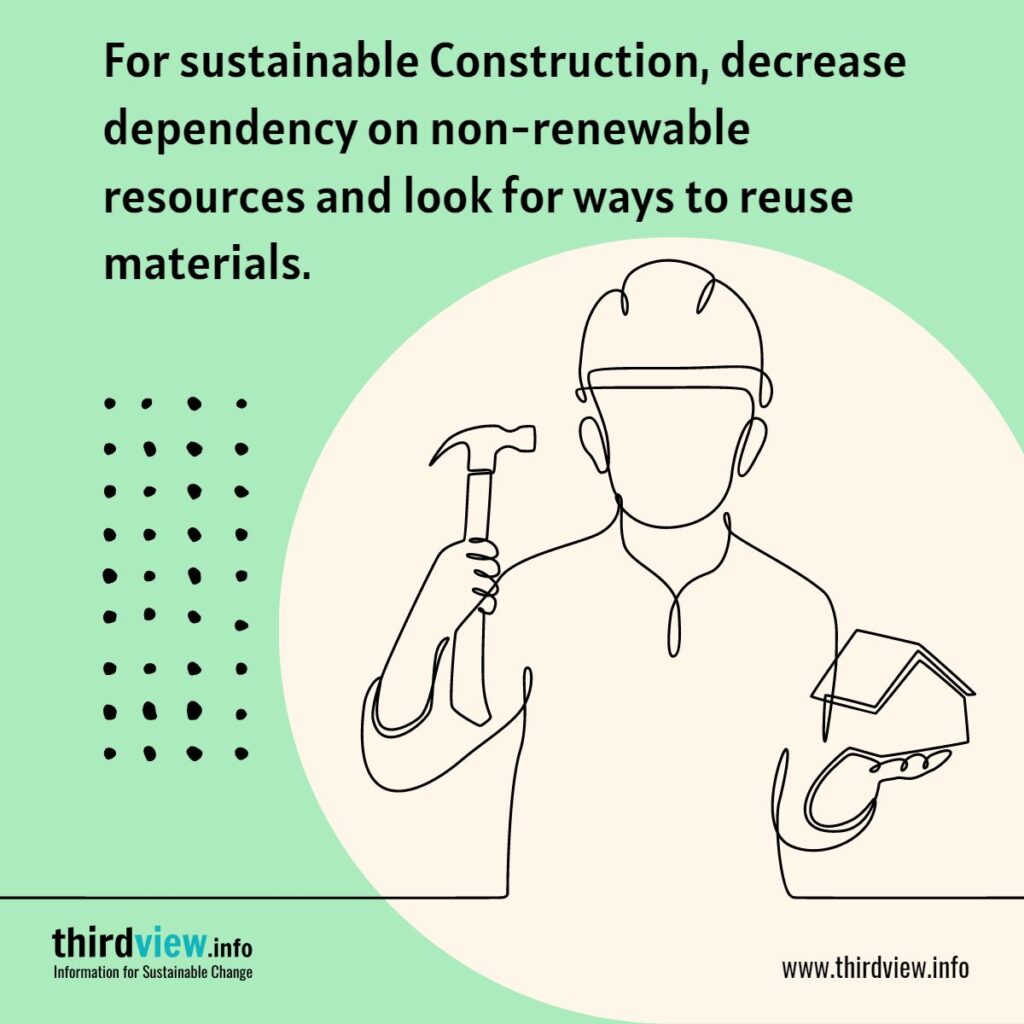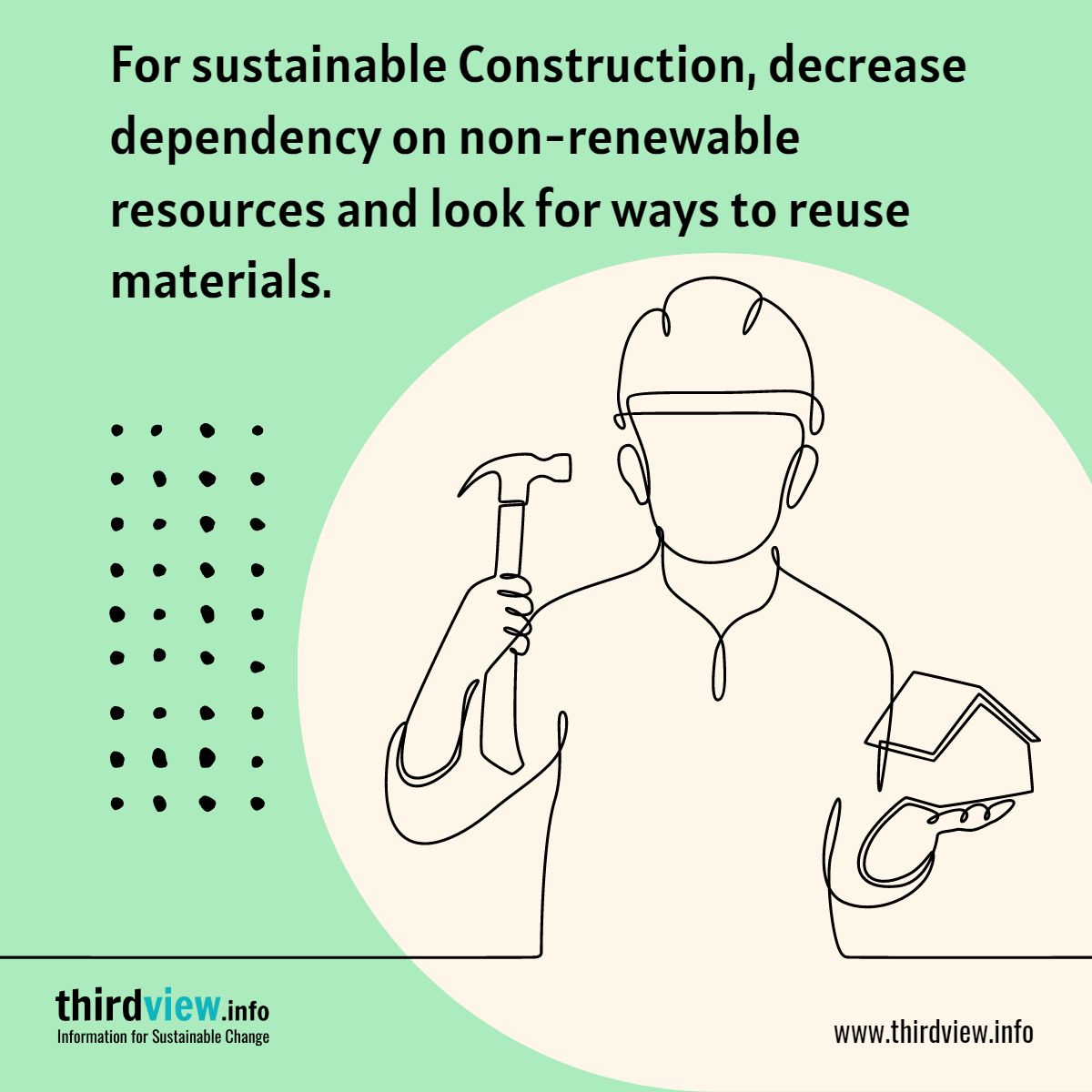In the construction industry, waste is a major problem. From the excessive use of materials to inefficient processes, it’s almost impossible to avoid producing waste on construction projects. However, there are steps contractors can take to decrease their environmental impact and reduce waste on their worksites. Let’s take a look at why reducing waste is important and how it can be done.
The benefits of reducing waste in construction
There are numerous benefits to reducing waste in construction, such as improved efficiency, cost savings, and better resource management. For example, minimizing material wastage helps keep costs down since less material needs to be purchased for a project. Additionally, having efficient processes in place reduces the need for additional labour hours. This not only saves money but also makes projects more sustainable by reducing carbon emissions from transportation fuel consumption. Finally, by using resources more efficiently, construction companies can maximize their profitability while doing something positive for the environment.
Tips for reducing waste on construction sites
1. Use Reusable Materials Whenever Possible – Using reusable materials wherever possible is one of the best ways to minimize waste on construction sites and save money at the same time. Examples include scaffolding boards and plywood sheets that can be reused multiple times before they are disposed of or recycled into new products.
2. Recycle What Can Be Recycled – Any materials that can’t be reused should be recycled whenever possible instead of just being thrown away or sent to landfills. This includes wood scraps, cardboard boxes, plastic containers, metal shavings and other debris generated during construction work that can be recycled into new products or used as raw materials for other projects.
3. Use Sustainable Practices – Implementing sustainable practices on your worksites can help you reduce your environmental impact while minimizing material usage and energy consumption at the same time. Examples include using LED lights instead of fluorescent bulbs; harvesting rainwater for toilets or irrigation; installing solar panels to generate renewable energy; using low-flow fixtures throughout the building; and utilizing green building materials such as bamboo flooring and cork insulation in place of traditional materials like concrete and timber framing members.
4. Buy Local Products – Buying local products whenever possible cuts down on transportation costs associated with shipping goods from far away locations while also supporting local businesses in your area.
5. Educate Your Team – Finally, it’s important to educate your team about sustainable practices so that they understand why these practices are important and how they can help reduce waste on-site.
Reducing waste on construction sites is essential if companies want to reduce their environmental impact while saving money at the same time. By implementing reusable materials whenever possible, recycling what can be recycled instead of throwing it away or sending it offsite for disposal, adopting sustainable practices such as harvesting rainwater or installing solar panels where applicable, buying local products when needed, and educating teams about sustainability initiatives – companies will be well-equipped with all the tools necessary for success when it comes to minimizing waste in their projects. With these tips in mind, contractors will have no trouble creating an effective plan for reducing waste on their worksites.


